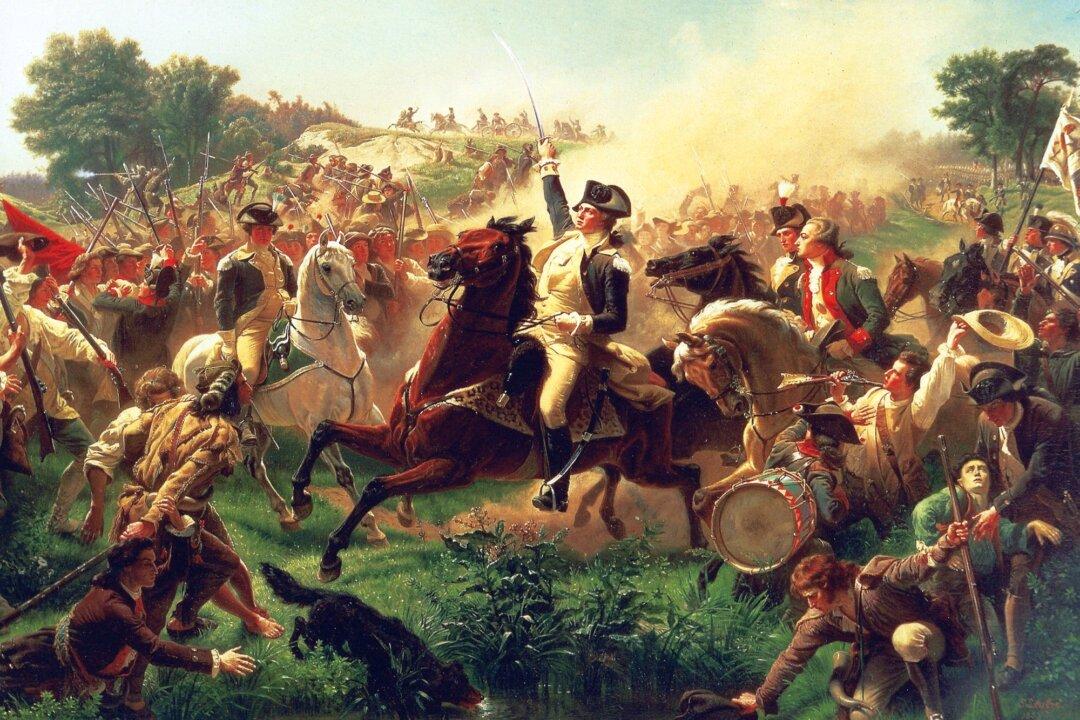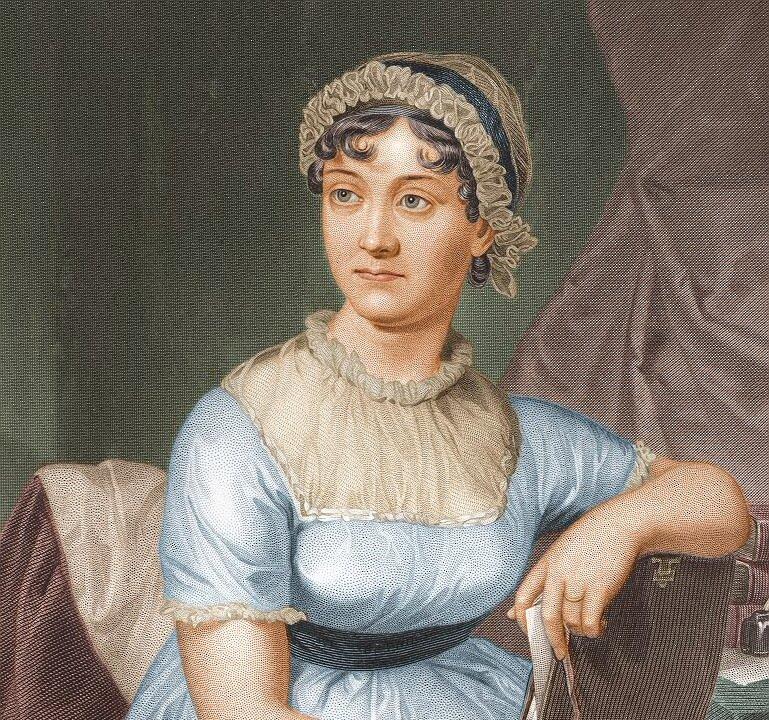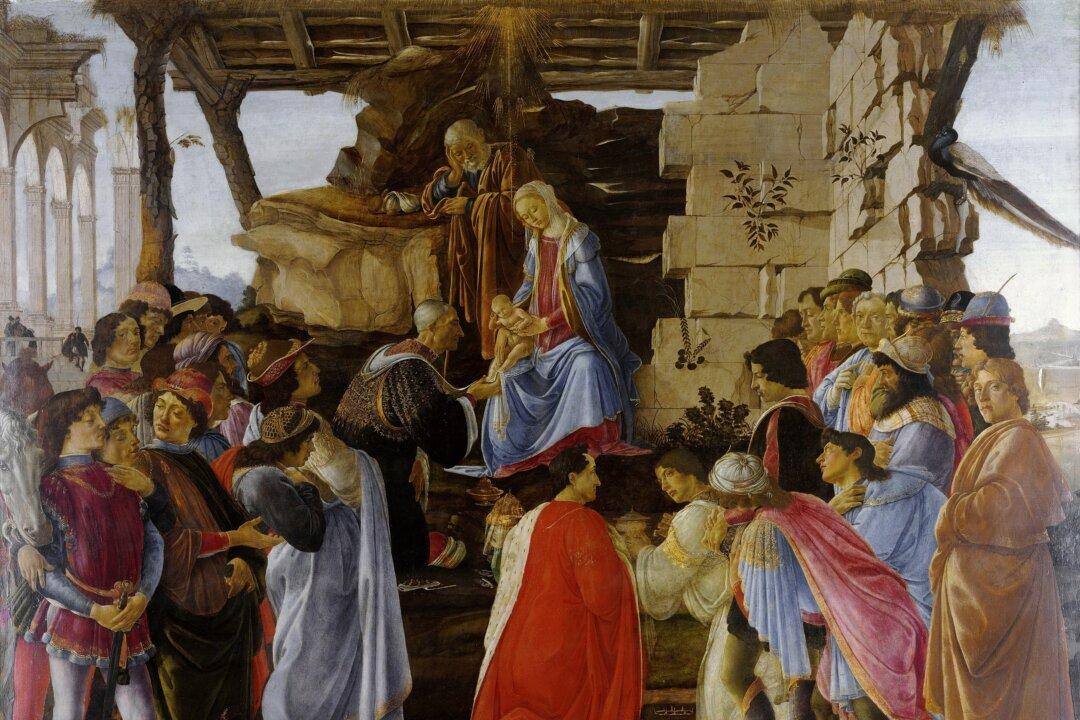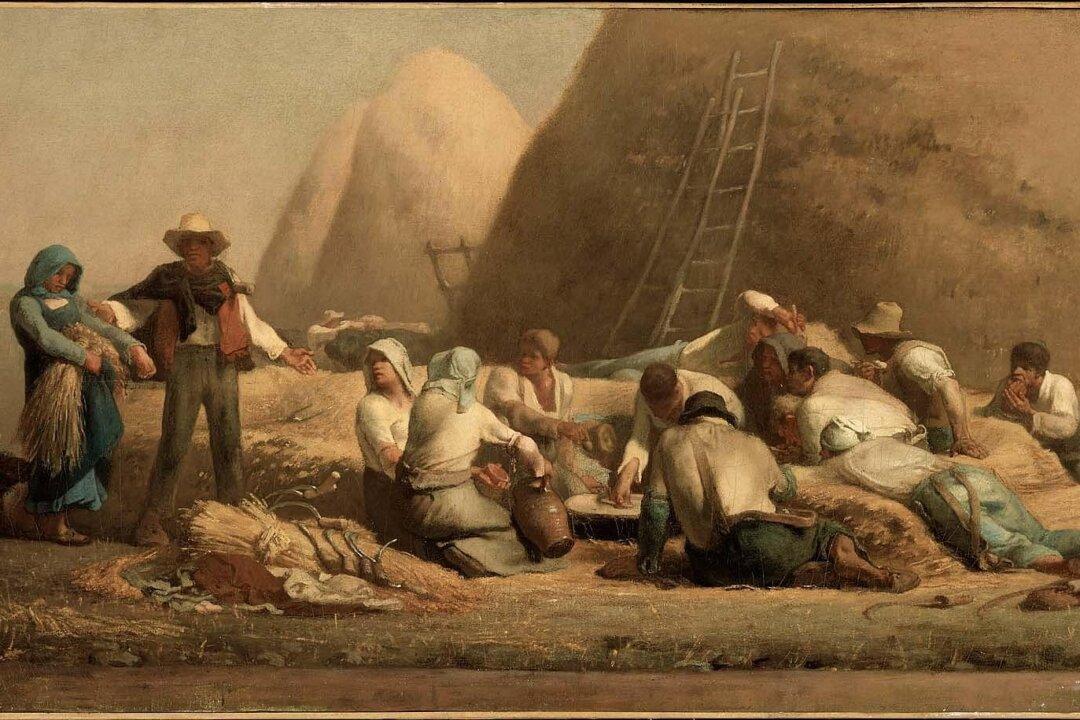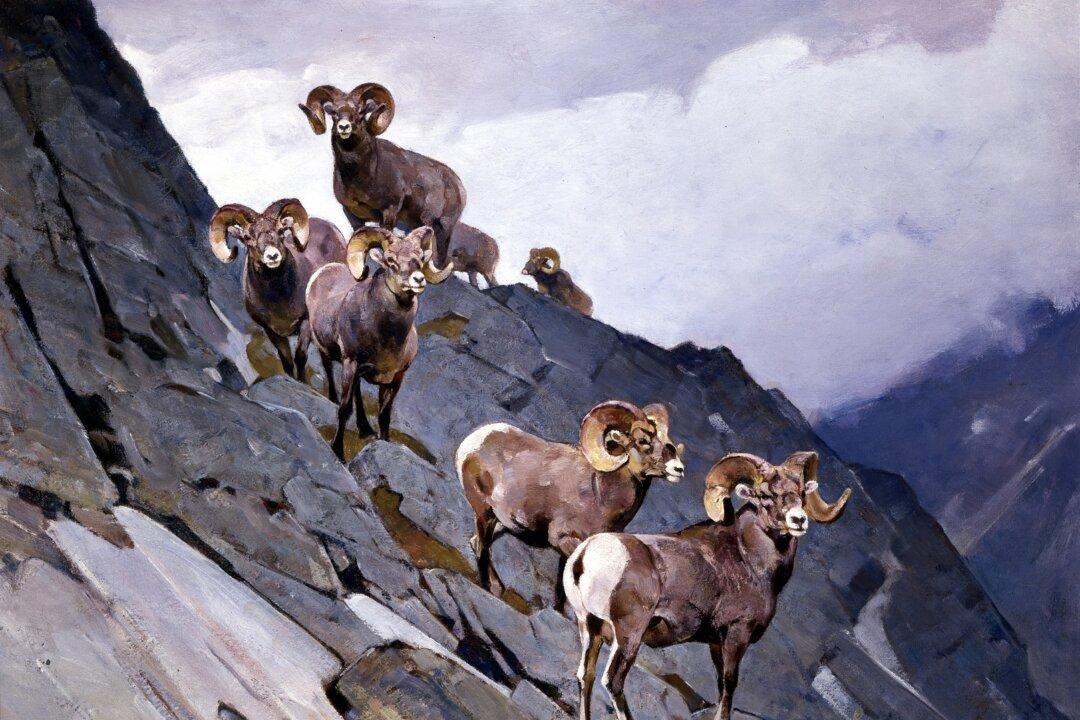What does the Thanksgiving holiday bring to mind? If you said family, roast turkey, cranberry sauce, or pumpkin pie, that would likely strike a chord in the minds of most Americans. If asked about the true origin of Thanksgiving, however, the answer might be a matter of greater debate, mixed, mashed, and buttered-up with inaccurate lore.
What did you learn about Thanksgiving in school? Did it have something to do with Plymouth Rock, pilgrims, a shared harvest thanks to Native Americans, and conversations about peace or oppression? While pilgrims were known to have celebrated festivals honoring God for good harvests and there are accounts of Native American tribes being invited to meals, a whole lot of propaganda peppers the reality of events at the American table.

